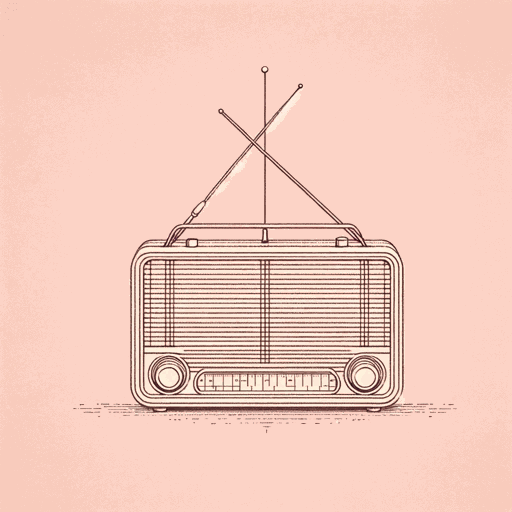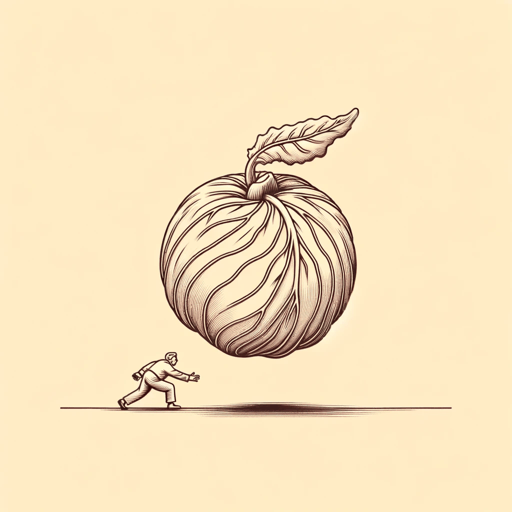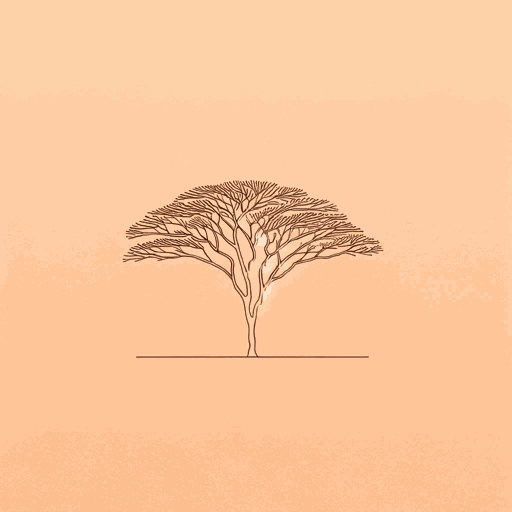38 pages • 1 hour read
Bessie HeadMaru
Fiction | Novel | Adult | Published in 1971A modern alternative to SparkNotes and CliffsNotes, SuperSummary offers high-quality Study Guides with detailed chapter summaries and analysis of major themes, characters, and more.
Themes
Racial Prejudice
Head indicates that parents and elders teach children prejudice, such as that against the San or Masarwa people. In the novel, adults perpetrate grievous acts of prejudice, such as when the nurses refuse to bathe the dead body of Margaret’s mother, leaving her body dumped on the floor in a room within the hospital. Margaret faces constant harassment for her ethnicity as a child, with the other children calling her names, such as “bastard” or “Bushman” (10).
Racial prejudice appears in every stratum of Botswana society, and is openly practiced through the enslavement of the Masarwa people in the village of Dilepe. For example, both Maru and Moleka own substantial numbers of Masarwa slaves, who tend their cattle and provide service within their households.
Only Dikeledi takes practical steps to free some of the Masarwa, while Maru tends the farm he lives on with Margaret himself, and using the labor of his friends, not Masarwa slaves.
Love and Hate
The complex and intertwined love stories of the four main characters—Maru, Moleka, Margaret, and Dikeledi—become threatened by the hatred that arises between Maru and Moleka when they compete for Margaret’s love. For example, Moleka has loved Maru his whole life, admiring him and placing Maru’s needs before his own.
Related Titles
By Bessie Head





